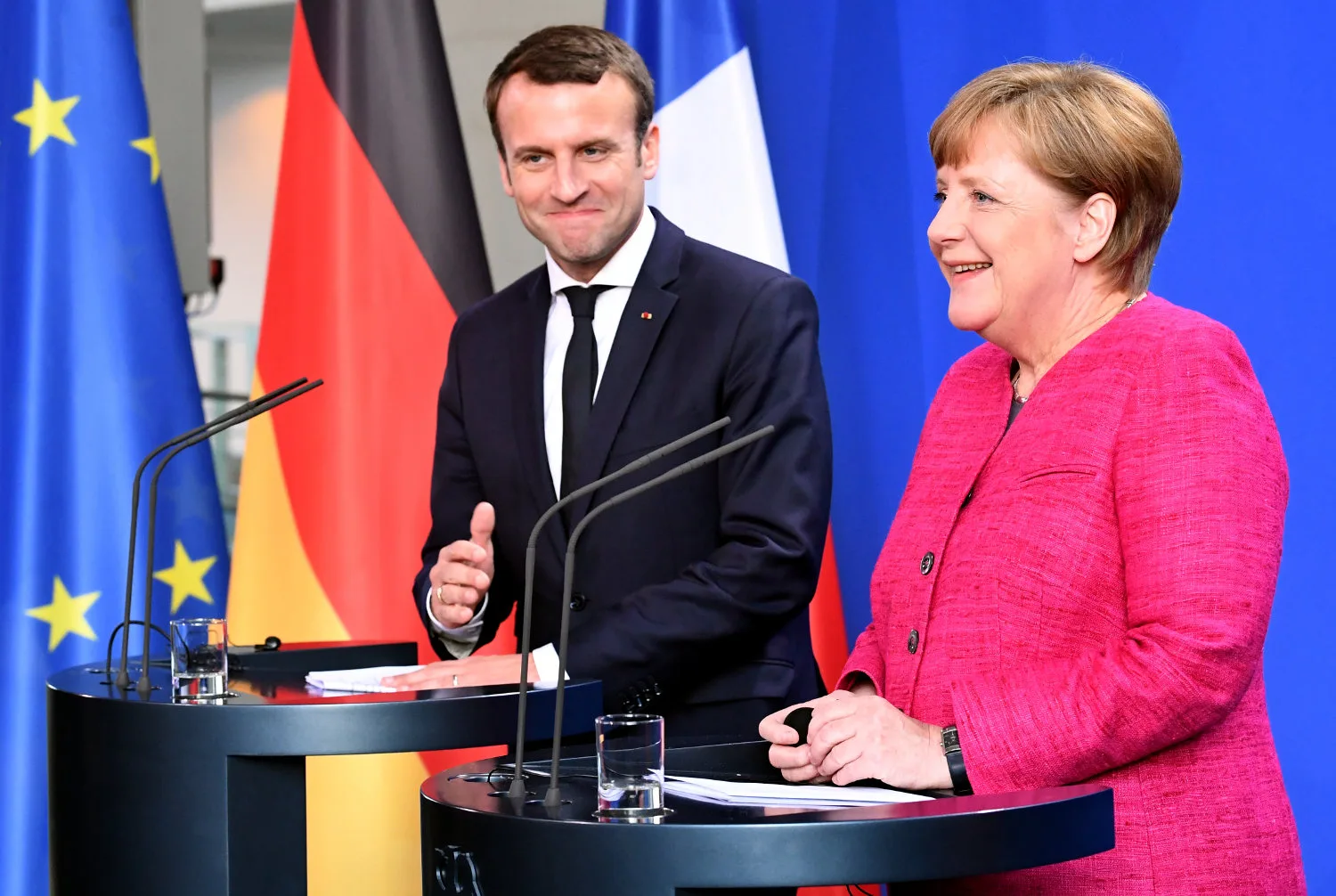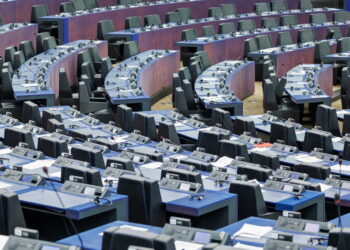Whatever the results, with regard to the European Union, relations with Italy will have to be rebuilt after the March 4 elections.
All the arguments which are being made today on Italy after March 4 are based on pre-election polls, still very imprecise, given that when they are of a general nature consider the national percentages of the individual parties, and not the results in the constituencies. This is essential, because the voting system, which includes both a majority and a proportional share, is new and the voters’ behaviour is therefore not well known. High territorial concentrations may not be useful to guarantee a good overall result.
As far as the European Union is concerned, the only person who promises a certain continuity in the quality of relations is the President of the Council of Ministers in charge, Paolo Gentiloni. A strong pro-pro-Europe drive is contained, as the name implies, in the +Europa list, led by Emma Bonino. Other lists whose electoral results are expected as “minor” show a pro-European attitude. However, the bulk of the political forces which are going to be present at the elections is at least strongly critical of the European Union. From those who explicitly criticize the single currency, to those who leave the possibility of a referendum to abandon it in the background, from those who propose unilateral interventions on migrations, to those who do it on commercial policies. Not to mention the tug-of-war within the centre-right coalition concerning the respect of European fiscal parameters. In general, to sum it up, those who want to question the Italian participation in the European integration process, even if only in maintaining the status quo, represents a large majority of the Italian political scene.
According to the polls, there will not be a “parliamentary” winner of the upcoming elections. There may be a political winner, a force, a coalition, which can have a particularly brilliant result, or simply an unexpected success. But in the Parliament, when counting MPs, according to the polls that currently allow us to make some reasoning, there won’t be an electoral force or coalition able to govern by itself, with only its own MPs to support the next government.
The hypotheses of modulations for a majority are many, but in any case, they range from a possible extremely Eurosceptic majority to one with the strong presence of a Eurosceptic force. Only if the coalition led by the Democratic Party wins, then the Euro-sceptic component would be a minority, even if the party’s secretary expressed, let’s say, reservations towards the Union. But this perspective of a centre-left that which manages to govern by itself seems to be currently excluded by any pollster and any analyst.
Therefore, one of the first appointments after March 4 will be the one with Brussels. When the next Parliament meets for the first time, on March 23 for the election of the Presidents of the two Houses, Macron’s France and its strong pro-European proposal will be even more popular than today, while Germany will be faced with either a re-edition of the Grand Coalition or with the chasm of uncertainty of new elections. As for now, despite the difficulties expressed by the negotiations between SPD and CDU-CSU, one can still bet on a positive result. In this case, France and Germany will hit the ground running for the realization of the project of the new Europe, launched by Emmanuel Macron and welcomed by Angela Merkel. The appointments are already on the table, also led by the important deadlines of next year: the implementation of Brexit, the elections of the new European Parliament and the appointment of the new European Commission.
There will be no time to waste, and Italy will have to manage not to be cut off from the European future. Rome must be able to be at the table so as not to be left on the margins. Euro-scepticism will be a problem for the Italians, working against instead of participating an inevitable process will be a burden for all of Europe, which doesn’t want to do without the third economy of the Union (and of the single currency) but that in case of a failure to find a government to talk with, will certainly not stop for this, and will go ahead in any case, driven by the Franco-German train that, if at European level would not leave Italy at the margins, at national level, as an underlying implication, can easily do without it.
If there will not be a government in Rome able to sit down at the table, not with subservience, but with the ability to propose, and therefore to involve others, together with a fair dose of national interests (which, we always say, in most coincide with those of the whole union), for Italy the risk is to lose the drive of the little economic recovery that appears to be there, because the others will make choices, and they could not necessarily be the best for us, too.

![La prima Commissione von der Leyen [foto: Wikimedia Commons]](https://www.eunews.it/wp-content/uploads/2025/04/European_Commissioners_2021-350x250.jpeg)









